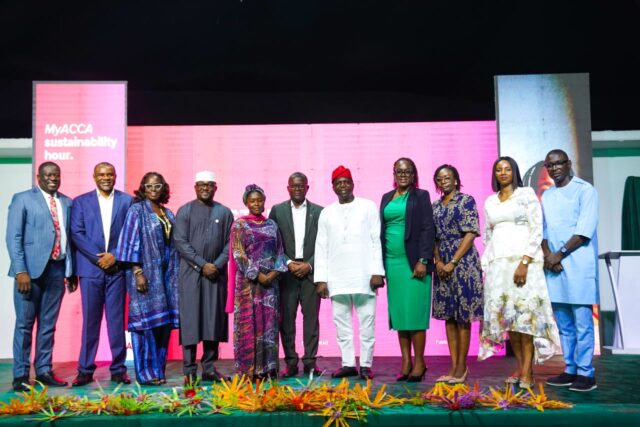Over 144 schools have begun a six-month training programme aimed at understanding and achieving the Sustainable Development Goals (SDGs).
The training, launched under the My ACCA Sustainability Hour initiative of the Association of Chartered Certified Accountants (ACCA), is designed to equip students aged 10 to 16 with practical knowledge of global challenges such as poverty, climate change, hunger, and inequality.
The six-month programme features monthly modules focusing on key SDGs, including quality education, clean water and sanitation, responsible consumption, and climate action.
Speaking during the launch in Lagos, ACCA’s Director for Africa, Jamil Ampomah, said the initiative reflects ACCA’s commitment to nurturing future leaders who understand the importance of sustainable development.
He noted that global progress toward the 2030 Agenda had slowed due to conflicts, economic downturns, and environmental crises, stressing that “education is the bridge between ambition and action.”
According to him, the training aims to empower students to think critically about sustainability and develop innovative solutions for their communities.
The Special Adviser to the President on National Economic Council and Climate Change, Rukaiya El-Rufai, commended ACCA for the initiative, describing it as “timely and transformative.”
She said, “Education remains the strongest tool for sustainable development. By teaching young people about the SDGs, we’re building a generation that can respond effectively to poverty, inequality, and climate change.”
Also speaking, the Special Adviser to the Lagos State Governor on SDGs, Dr Oreoluwa Finnih, said the programme aligns with the Lagos State THEMES Agenda and complements the government’s vision of integrating sustainability into governance and education.
Finnih urged students to take the training seriously, saying sustainability is “the foundation of shared prosperity and environmental balance.”
Mr Wonderful Olulano, a member of the ACCA curriculum team, explained that the training adopts a project-based learning approach where students create practical solutions to issues such as hunger, waste management, and gender inequality.
He said, “We want to see students move from awareness to action by turning ideas into impactful community projects.”
Participants from schools including Queen’s College and King’s College expressed excitement over the training, saying it opened their eyes to the possibilities of recycling, environmental protection, and innovative problem-solving.
Jennifer Obiorah of Queen’s College said she learnt that “waste can be transformed into useful resources,” while Okon Mitchell from King’s College added, “Nothing is a waste until you waste it.”
The training is expected to run for six months, with more schools across the country set to join in subsequent phases.




